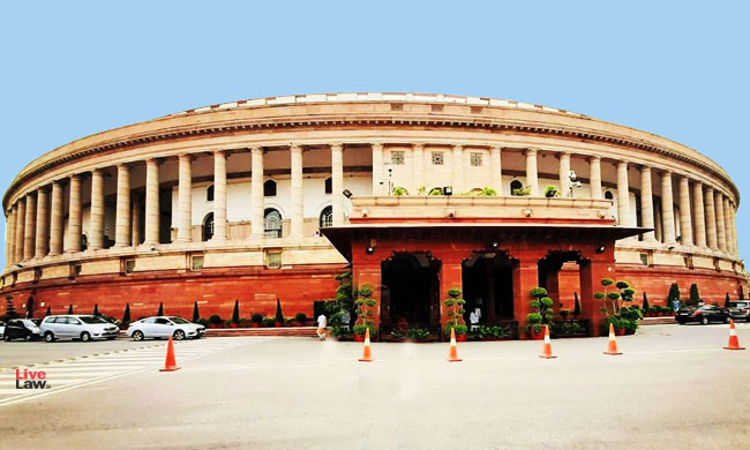Late at night, after clearing the Delhi Services Bill, the Rajya Sabha passed the Registration Of Births and Deaths (Amendment) Bill, 2023 on Monday. The Bill had already been approved by the Lok Sabha on August 01. It seeks to amend the Registration of Births and Deaths Act, 1969, for the first time.According to its “Statement of Objects and Reasons”, the Bill seeks to create a National...

